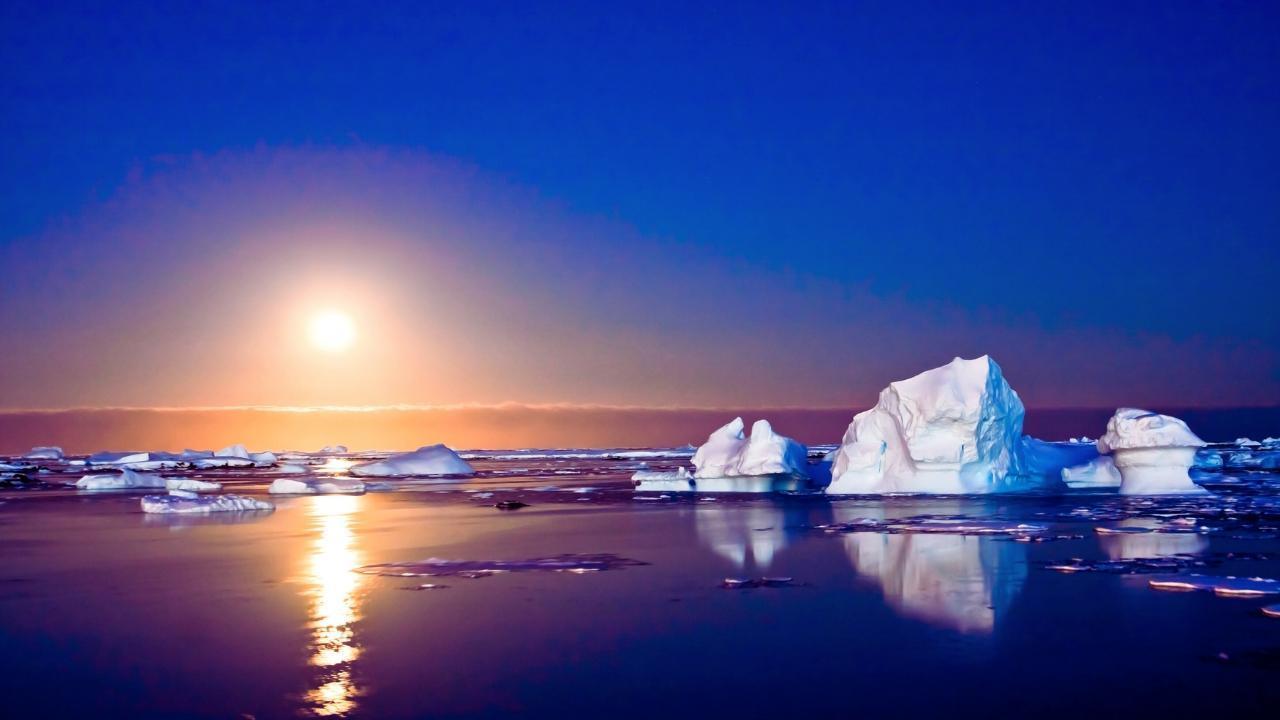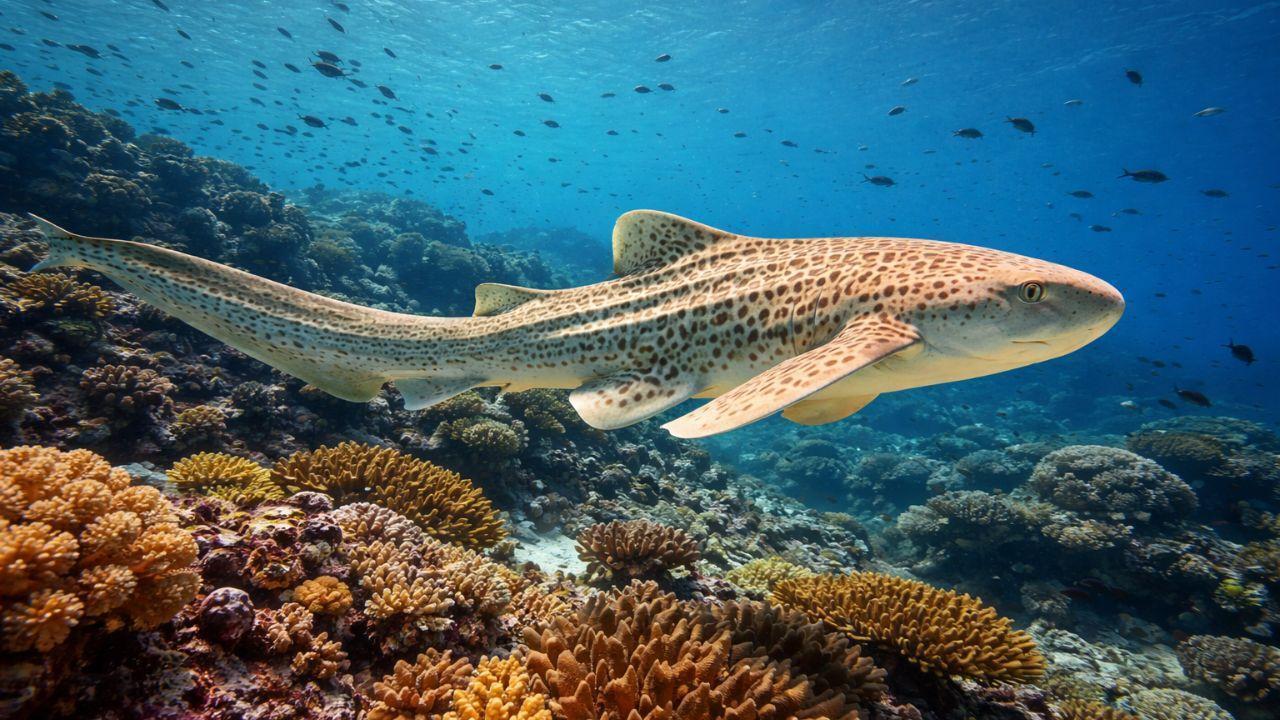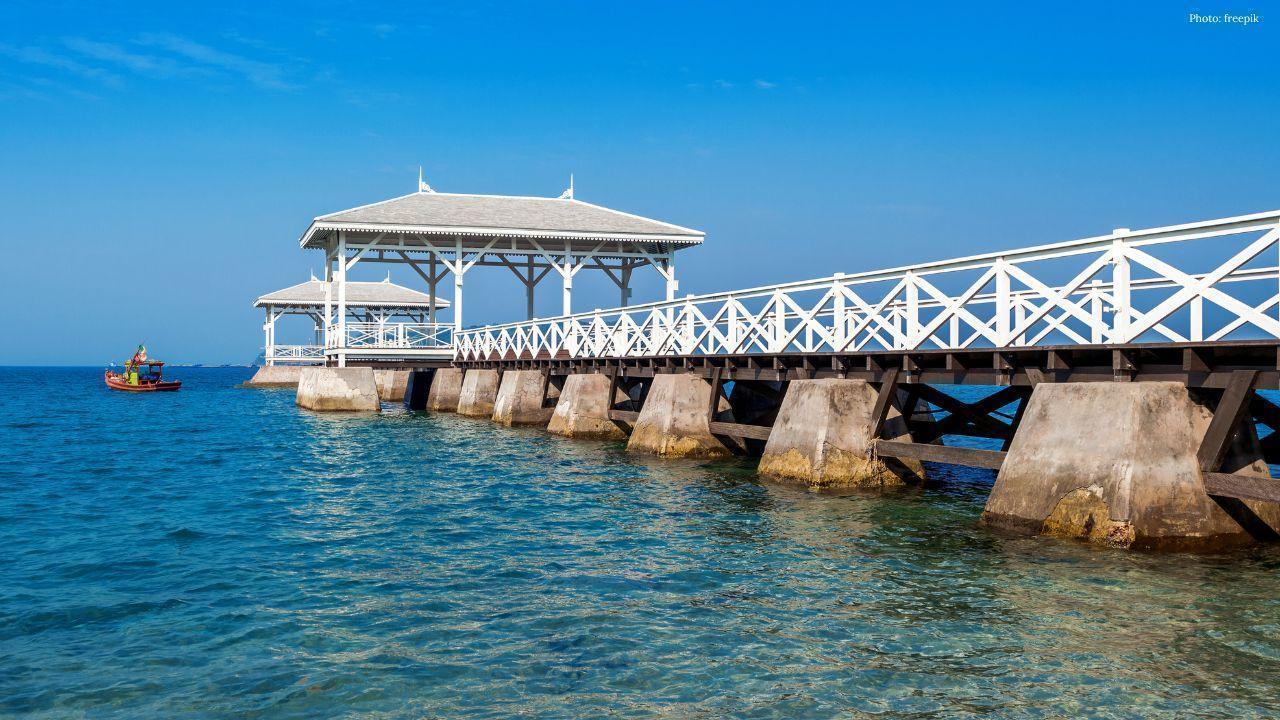You have not yet added any article to your bookmarks!

Join 10k+ people to get notified about new posts, news and tips.
Do not worry we don't spam!

Post by : Anis Farhan
Once viewed as a barren wasteland, Antarctica is now at the center of global science. Over the past decade—and with growing urgency in the last year—its seemingly endless ice has become a repository of knowledge. Global teams are racing to explore its hidden secrets: melting glaciers, ancient terrain, deep-space particles, and even volcanic thresholds. Each discovery is rewriting our understanding of Earth’s past and future.
Situated in West Antarctica, Thwaites Glacier is vast—covering an area as large as Florida or Great Britain—and shedding over 50 billion tons of ice every year, contributing about 4% of global sea-level rise. It is widely known as the “Doomsday Glacier.”
Research carried out by the International Thwaites Glacier Collaboration (ITGC) has painted a gloomy picture: melting is accelerating from underneath by the intrusion of warm ocean water, and ice shelf buttressing is weakening. A robotic survey under the glacier discovered cracks covering just 10 % of its underside were responsible for 27 % of its melting—a clear sign of unexpected vulnerabilities.
More recently, scientists developed a method to trace fractures in the Thwaites Ice Shelf using satellite data—anticipating where structural failure might trigger rapid ice collapse. Models show that if current melt rates continue, a collapse could unfold over a few centuries, potentially raising sea levels by 65 cm to over 3 meters.
A breakthrough came with BedMachine Antarctica, a project mapping the continent’s hidden topography beneath the ice using radar and detailed modeling. This revealed locations where bedrock plunges nearly 3,500 meters below sea level, affecting how glaciers flow and break.
In a separate finding, scientists mapped a prehistoric landscape under East Antarctica—rivers, valleys, and even palm-tree pollen—dating back 30 million years, before the continent glaciated. These ancient forms still influence ice dynamics today: ice flows slower over flat terrain and accelerates through deep troughs.
In July 2024, parts of Antarctica recorded temperatures nearly 10 °C above normal—a rare heatwave so significant it caused parts of the ice sheet the size of Rome to disintegrate into the ocean. This mid-winter warming event exposed serious gaps in climate models and highlighted the fragility of polar weather systems.
Simultaneously, although long-term data show Antarctica has lost ice overwhelmingly, a surprising uptick in ice mass was detected from 2021 to 2023, challenging assumptions that melting is strictly accelerating. While this may temper immediate concerns, scientists warn not to mistake temporary anomalies for long‑term trends.
In early 2025, European scientists operating at Little Dome C extracted the oldest intact ice core yet—stretching back 1.2 to 1.5 million years. This borehole drilled through 2.8 km of ice documents the Mid-Pleistocene Transition, a period when glacial cycles shifted and human survival came under threat.
These cores store atmospheric bubbles dating back hundreds of millennia, giving researchers precise records of ancient CO₂ levels, volcanic activity, and temperature patterns. These data offer real-world benchmarks for validating models of current and future climate change.
Beneath the storm-whipped surface of Antarctica lies another scientific frontier: particle astrophysics. The IceCube Neutrino Observatory, embedded deep within the polar ice, recently made what may be the first detection of Glashow resonance—a rare interaction recorded when an ultra–high-energy antineutrino collided in the ice.
Another study from IceCube linked the detection rate of atmospheric neutrinos to seasonal temperature changes above the continent, showing winter-to-summer variations in neutrino flux reflect atmospheric density dynamics. These findings mark Antarctica as not only a climate lab, but a cosmic observatory.
Scientific work in Antarctica is extraordinarily complex and expensive. A 2023–24 field season for Thwaites Glacier included 37 scientists and 24 support staff, using traverses, snowmobiles, remote camps, seismic surveys, and radar sleds to map ice behavior deep within the glacier.
Institutions from the U.S., U.K., Germany, Australia, India, and South Africa contribute to the ITGC initiative. Meanwhile, ice core operations involve European teams under the EPICA and Beyond EPICA projects. Shared code, joint expeditions, and pooled data archives form an active research network rarely seen elsewhere.
Antarctic findings have real-world impact. Coastal nations like Bangladesh, Vietnam, Egypt, and U.S. cities such as Miami, New York, and London now plan infrastructure and flood defense strategies based on updated sea-level rise models informed by Antarctic data.
The UN has declared 2025 the International Year of Glaciers’ Preservation, calling for inventories of ice bodies, climate integration policies, and expanded climate finance for vulnerable communities.
Insurance firms are already adjusting risk models using Thwaites Glacier melt projections. Educational curriculums worldwide include Antarctica as a case study in climate literacy, connecting children with real-time data and global narrative.
Polar tourism has increased as cruises bring civilian visitors to Antarctica. Awareness raises, but so does the risk of ecosystem disturbance, pollution, and introductions of exotic pathogens. There’s growing pressure for companies to partner with scientists to enforce strict environmental protocols and educational components aboard tours.
As Antarctica warms, a hidden danger may emerge: at least 100 volcanoes lie beneath its ice. Scientists warn that melting ice could reduce pressure on subterranean magma chambers, possibly triggering eruptions—like those observed in Iceland after glacier retreats.
Such events could release greenhouse gases, melt ice from below, or destabilize overlying glaciers—creating a climate feedback loop not yet included in most sea-level projections.
Recent work incorporating present-day mass loss into glacier models confirms that collapse of Thwaites and neighboring glaciers is likely inevitable, albeit over hundreds to thousands of years—unless ocean cavity temperatures are drastically reduced.
Conversely, other models—especially those that discount the worst-case scenarios like marine ice cliff instability—suggest catastrophic collapse may not occur this century, offering cautious optimism for policymakers who fear overestimating risk. These contrasting models reflect the fine line between preparation and alarm.
Recent polar data have overturned assumptions—showing ice rebound in places, seasonal anomalies, and unexpected fracture patterns. This complexity reinforces the argument that climate science must be continuous, collaborative, and cautious—not complacent.
The sudden halt of U.S. Department of Defense sea-ice data sharing in mid-2025 may degrade long-term satellite records, making future comparison more uncertain and prompt scientists to seek alternative instruments or partnerships.
At its core, Antarctica is a living archive. Its ice holds messages from the distant past and warnings for the future. The science being done today spans geology, cryobiology, particle physics, climate modeling, and even risk governance.
Importantly, it reminds us that no single country or continent owns this work—Antarctica remains neutral, international, and collaborative. That may be the most powerful scientific gift of the continent: proof that global challenges demand global cooperation.
If we value what these discoveries reveal—about sea levels, climate feedback loops, cosmic origins, and human survival—we must ensure funding, ethical protection, and open access to data continue.
This article draws on publicly available research and is meant for educational and editorial purposes. It does not constitute scientific advice. For decision-making related to policy, investment, or climate adaptation, readers should refer to peer-reviewed studies and consult domain experts.










Raja Ampat Welcomes Back Endangered Zebra Sharks
Scientific collaboration and community education drive rare species repopulation in the Coral Triang

Tomorrowland Thailand Set for Full‑Scale Asian Debut in December 2026
Thailand to host world‑renowned electronic music festival in Pattaya, expected to draw tens of thous

Malaysia’s January Trade Hits RM272.4b as Exports Surge Penang Leads
Exports climb 19.6% year-on-year to RM146.9b with Penang contributing 44.2% of total shipments says

Penang PKR Exco Fahmi Zainol Pleads Not Guilty in Wife Abuse Case
Penang executive councillor Fahmi Zainol denies charges of voluntarily causing hurt to his wife as c

Palapes Cadet Death Case Military Trainers Face Trial as Court Lowers Bail
UTM Palapes instructors plead not guilty to culpable homicide over cadet’s death court lowers bail a

BTS Urges Passengers to Control Hair During Peak Hours
Bangkok’s BTS Skytrain advises commuters with long hair to avoid flicking or tossing it to prevent d